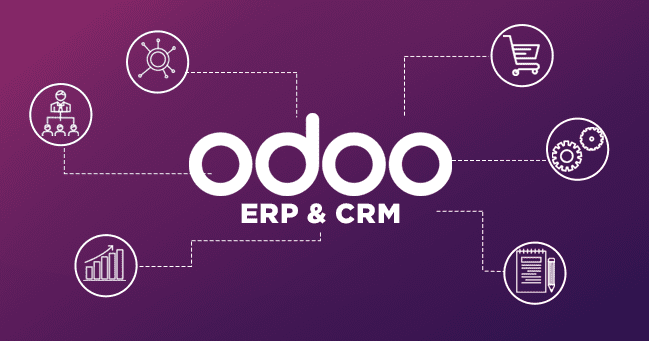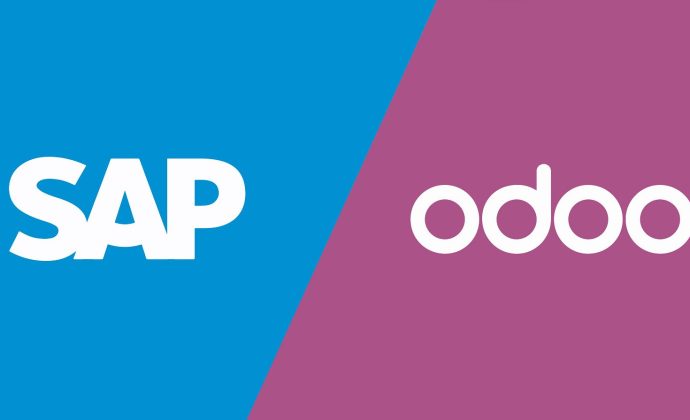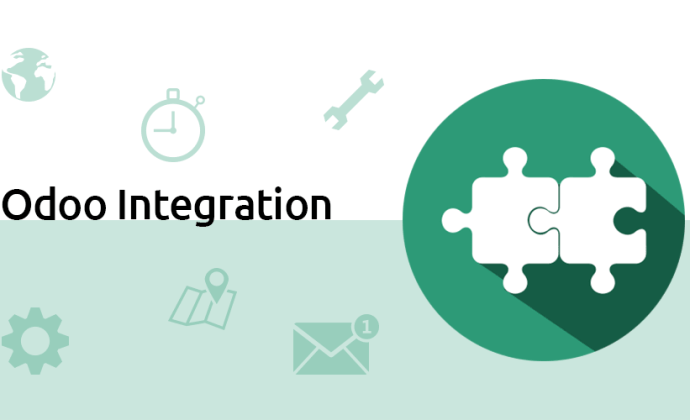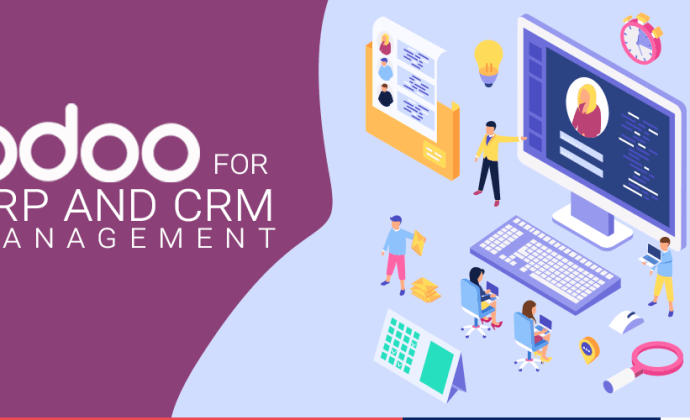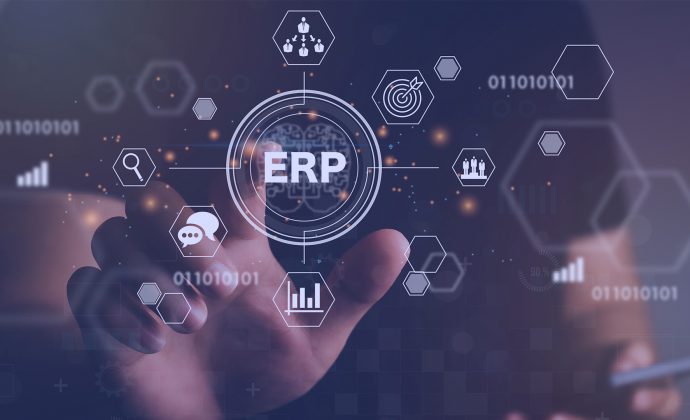Software for enterprise resource planning (ERP) enables businesses to manage their human, financial, and material resources more effectively. Enterprise Management Systems (EMS) is another name for ERP systems. The majority of small and medium-sized firms struggle in several business sectors, and because they are all so crucial, successfully implementing an Odoo ERP is a complex undertaking. The fast-growing world we live in makes it challenging to keep track of every essential and manage to apply it. The fundamental financial needs of service-based firms are considerably different from traditional manufacturing and supply-chain-centred enterprises in an environment where the most important element of the company goes home at the end of the day. Project-Based ERP: What Is It? In order to manage and integrate a corporate organization’s financials, supply chain management, operations, and HR activities, a project-based ERP system is an integrated information management system that controls the collection and flow of information across departments and functions. Project-based ERP offers a comprehensive picture of processes, KPIs, and other crucial metrics, project by project, by utilizing the characteristics and techniques of project management. Project ERP gathers and analyzes data by managing several operations in a single system, providing stakeholders with the vital business information they want to run and manage their particular business unit or department. It has a shared enterprise-wide database and a number of application modules to support core company operations including resource and project management, sales, marketing, accounting, and finance. Standardizing company procedures and providing reports, insight, and control over income, expenses, and bills are accomplished with the use of an ERP system. The benefit of such a system is that it enables the analysis and dissemination of crucial information throughout the company for better informed and timely decision-making. The demands of a project-based firm are uniquely met by project-based ERP, which enables these businesses to occasionally identify, secure, optimize, and deliver great projects. A project-based firm may find that investing in the implementation of Odoo ERP is revolutionary. Product-based solutions, which include extensive, repetitive procedures and repeatable, simplified activities, are designed for the manufacture of products. As a result, Product depending Odoo ERP Implementation is specifically created and developed depending on the demands of your business, including its limitations and preferences. And the enormous time savings that come from having a single source of truth for data across departments cannot be emphasized enough. It is constructed taking into account all aspects of the business’s operations, flows, strategies, and management. Organizations can better plan, allocate resources, anticipate future requirements, and communicate their success to stakeholders, including shareholders, when their reports are accurate and comprehensive. As a result, it offers a precise and practical answer to the organization’s issues. What Is the Difference Between Product-Based and Project-Based ERP Services? With people serving as the main resource for service-based enterprises, project-based ERP program suppliers are increasingly including comprehensive personnel management features. Artificial intelligence and machine learning have recently been included in an effort to increase data accuracy and offer new perspectives. In product-based Odoo implementations, it’s important to categorize product implementations such as sales, purchases, accounting, websites, eCommerce, CRM, point-of-sale systems, and localization. The key phases of implementation in project-based ERP include the planning, analyzing, carrying out, monitoring, and control closing phases. and the opposite We gather requirements and take into account the basic solutions in product-based ERP implementation to minimize customization. Project-based ERP implementation involves a micro perspective that is solely interested in delivering what has been agreed upon, is timely, is under budget, and is of acceptable quality. The implementation of product-based ERP, on the other hand, necessitates a macro perspective that takes into account the combined outcome of a portfolio of customized projects and should deliver medium- to long-term advantages. The fact that project-based implementation is virtually always update-safe is another important consideration. As you presumably know from the majority of normal upgrades to the software your firm uses, specific user and system preferences specified at the time of ERP integration are supposed to remain intact when an ERP system is upgraded. The intriguing new features that ERP vendors are incorporating to speed account reconciliations and provide invoice and purchase order analysis, cash management, and predictive analytics include artificial intelligence, machine learning, and robotic process automation. The challenges of dealing with product-based updates are greater. An ERP system’s ability to be updated may become difficult depending on the degree of customisation. Additionally, in rare circumstances when an update is feasible, some customizations could be lost in favor of newly improved functionality. ERP services that are based on projects as well as those that are based on products have different business objectives. You must recognize which ERP best meets your company’s demands as a business entity. Any Small and Medium Enterprise Industry might benefit from an Odoo ERP Implementation for your company. Regardless of your sector, contemporary ERP systems may integrate with your operations to benefit certain roles and departments and help your company and people run more efficiently. SMB Solutions is the expert to talk about your needs since project success is our passion.
How to differentiate Project and Product based Odoo ERP Implementation Services
